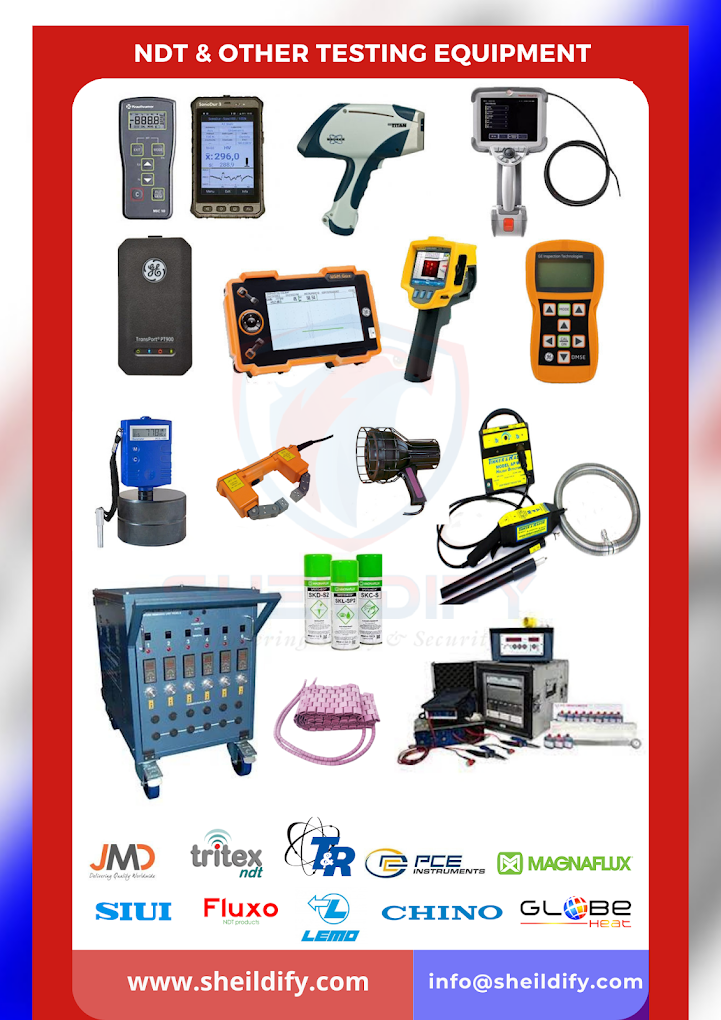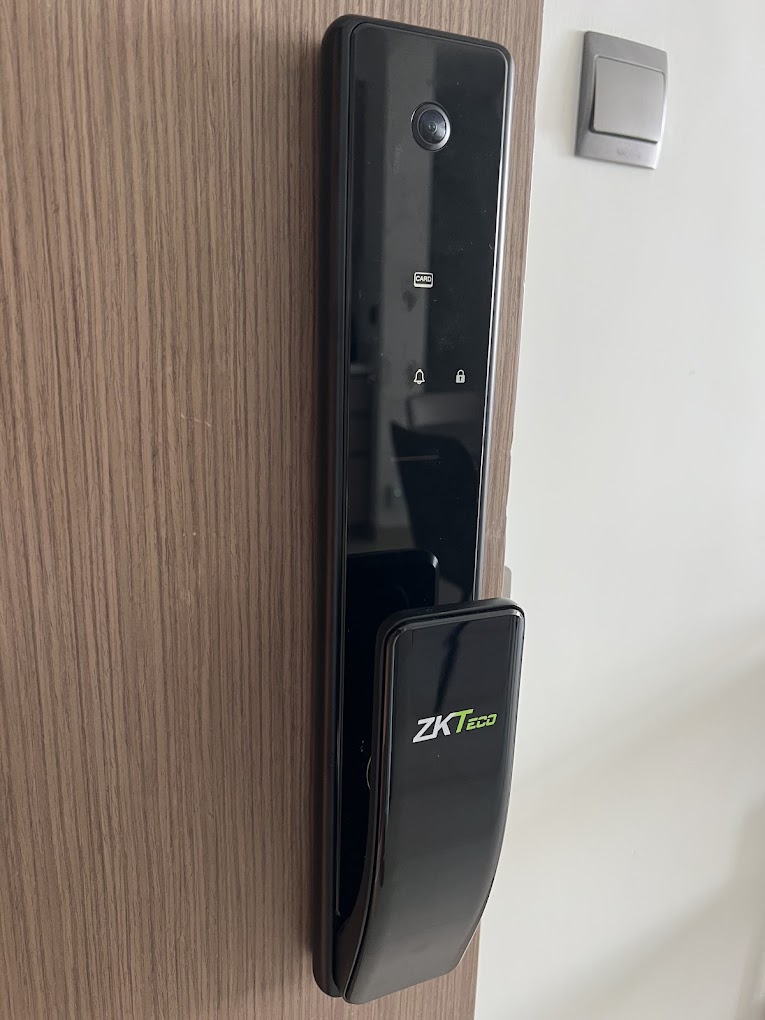Top 10 Pulse Oximeter Dealers in Dubai
Pulse Oximeter dealers in Dubai are the trusted suppliers of pulse oximeters, which are vital medical devices used for measuring oxygen saturation levels in the blood. In a city like Dubai, known for its advancements in healthcare, these dealers provide a wide range of options that cater to both hospitals and home users. Whether you're looking for a portable oximeter for personal use or bulk purchasing for a healthcare facility, dealers in Dubai offer a variety of choices to suit every need.
A pulse oximeter is a small, clip-like device that attaches to a person's finger, earlobe, or toe to measure the oxygen saturation in the blood. This device plays an important role in assessing the respiratory health of an individual. It is widely used in hospitals, clinics, homes, and even during physical activities such as trekking or sports. It works by emitting light through the skin to measure how much oxygen is being carried in the bloodstream. Accurate readings from a pulse oximeter help monitor conditions like asthma, pneumonia, chronic obstructive pulmonary disease (COPD), and other respiratory diseases.
Sheildify Security Equipment Trading LLC
Khalifa BA Balila Building, 22B Street Abu Hail,
Near Abu Hail Masjid Ashram, Abu Hail, Dubai, 39701
Al Harbi Medical Equipment Trading
Al Qusais, Dubai, UAE
Aster Pharmacy
Various locations in Dubai, including Bur Dubai, Al
Karama, and Jumeirah
Medcare Pharmacy
Various locations in Dubai, including Al Wasl and
Dubai Marina
UAE Medical Equipment Trading
Deira, Dubai, UAE
Arabian Trading Agency (ATA)
Al Qusais, Dubai, UAE
Lulu Hypermarket
Various locations in Dubai, including Al Barsha,
Mirdif, and Dubai Silicon Oasis
Al-Dahra Medical Equipment
Al Quoz, Dubai, UAE
Al Ain Pharmacy
Various locations in Dubai
Pharmacy 1
Various locations in Dubai, including Al Barsha,
Dubai Marina, and Downtown Dubai
Pulse Oximeter Dealers: A Complete Guide in Dubai
Pulse oximeters are essential medical devices that measure the oxygen saturation levels in the blood and pulse rate. They are crucial for patients with respiratory conditions, during surgeries, or as part of regular health monitoring. In this guide, we’ll explore what pulse oximeters are, their uses, and how to find reliable pulse oximeter dealers.
A pulse oximeter is a small, non-invasive device used to monitor the oxygen saturation level (SpO2) in a person’s blood. It typically consists of a sensor attached to a part of the body, like a fingertip, earlobe, or toe, and uses light to determine how much oxygen is in the blood. Pulse oximeters also measure heart rate, making them vital in assessing a person's overall respiratory health.
Types of Pulse Oximeters in Dubai
1. Finger Pulse Oximeters
- Most common type, often used for home use.
- The device clips onto the fingertip to measure blood oxygen levels (SpO2) and heart rate.
- Compact, portable, and easy to use.
- Ideal for individuals who need regular monitoring.
2. Handheld Pulse Oximeters
- Designed for clinical use or home care settings.
- Larger than finger models and often come with a display that can show detailed information.
- Can be used with a variety of sensors (e.g., finger, toe, ear).
- Often used by healthcare professionals for more accurate and extended monitoring.
3. Pediatric Pulse Oximeters
- Specially designed for infants and children, often smaller in size and more sensitive.
- May include additional features like more gentle sensors to minimize discomfort.
- Can be used to monitor oxygen levels in children with respiratory issues.
4. Wrist-Worn Pulse Oximeters
- Worn like a watch, providing continuous monitoring of oxygen saturation and heart rate.
- Often used by individuals with chronic health conditions or those requiring long-term monitoring.
- Convenient and less intrusive, though typically larger than finger models.
5. Reusable and Disposable Sensors
- Reusable sensors are generally used in clinical settings, such as hospitals or clinics, where they can be cleaned and reused.
- Disposable sensors are designed for single use, providing hygiene benefits in settings where many people may be tested, such as emergency services.
6. Fingertip Oximeters for Sports and Aviation
- Specific models designed for athletes or individuals at higher altitudes (e.g., mountain climbing, aviation).
- These models are optimized to track oxygen levels during physical exertion or when at high altitudes where oxygen levels can drop.
7. Multi-Function Pulse Oximeters
- Devices that provide additional measurements such as perfusion index (PI) or blood pressure alongside oxygen saturation and heart rate.
- Often used in more advanced clinical settings for a more comprehensive analysis.
Uses of Pulse Oximeters in Dubai
1. Monitoring Oxygen Levels in Patients
- Chronic Respiratory Conditions: Patients with conditions like asthma, chronic obstructive pulmonary disease (COPD), or pulmonary fibrosis often use pulse oximeters to monitor their oxygen levels.
- Acute Respiratory Illnesses: In cases of pneumonia, COVID-19, or other acute respiratory infections, pulse oximeters help monitor oxygen saturation to determine if supplemental oxygen is required.
2. Assessment of Heart Rate
- Pulse oximeters measure heart rate alongside oxygen saturation, helping healthcare providers track heart function, especially in patients with heart conditions or those undergoing surgery or anesthesia.
3. Post-Surgical Recovery
- After surgery, pulse oximeters are used to monitor oxygen levels to ensure that patients are recovering properly and that their respiratory systems are functioning well after anesthesia.
4. Prevention of Hypoxia (Low Oxygen Levels)
- Early Detection: Pulse oximeters help detect hypoxia (low oxygen levels) before symptoms become severe, enabling prompt intervention, such as administering oxygen or adjusting ventilation settings.
- Oxygen Therapy: For patients with chronic respiratory conditions or in critical care settings, pulse oximeters help guide the administration of oxygen therapy to maintain optimal oxygen saturation.
5. Sleep Apnea Monitoring
- Sleep Studies: Pulse oximeters are used in diagnosing and monitoring sleep apnea. A drop in blood oxygen levels during sleep may indicate apnea events, helping healthcare professionals diagnose the condition and recommend treatment options.
- At-home Monitoring: Some individuals use pulse oximeters to track oxygen saturation while sleeping, especially those diagnosed with sleep apnea, to ensure oxygen levels stay within a safe range.
6. Monitoring of High-Altitude and Extreme Conditions
- Altitude Sickness: In high-altitude activities such as mountaineering or hiking, pulse oximeters are used to monitor oxygen levels due to lower oxygen availability at higher altitudes.
- Sports Activities: Athletes, especially those in endurance sports, use pulse oximeters to track their oxygen saturation levels to optimize performance and prevent hypoxia during intense physical activity.
7. Pre-operative and Post-operative Assessments
- Before and after surgical procedures, pulse oximeters help evaluate the patient's oxygen levels to ensure safe anesthesia administration and recovery, reducing the risk of complications.
8. Emergency Medical Situations
- Pre-hospital Care: Paramedics and emergency responders use pulse oximeters to assess oxygen saturation and heart rate in patients who are critically ill or injured, helping in decision-making regarding treatment or transportation.
- Intensive Care: In intensive care units (ICUs), pulse oximeters are continuously used to monitor the oxygen saturation of critically ill patients.
9. Assessing Response to Treatment
- Pulse oximeters are used to gauge how well patients are responding to treatments, such as bronchodilators, oxygen therapy, or ventilator settings. If oxygen saturation improves, it indicates that the treatment is effective.
10. Home Health Monitoring
- Chronic Disease Management: People with chronic conditions like COPD, heart failure, or sleep apnea use pulse oximeters at home for regular monitoring to track their oxygen levels and adjust medications or lifestyle choices accordingly.
- Remote Monitoring: Some pulse oximeters are linked to health apps or devices, allowing healthcare providers to remotely monitor the patient's oxygen saturation and heart rate, enabling early intervention if needed.
11. General Wellness and Fitness
- Healthy Individuals: Athletes or fitness enthusiasts use pulse oximeters to monitor their oxygen levels during training, ensuring they stay within healthy limits.
- Stress and Relaxation: Pulse oximeters are sometimes used to assess how certain activities, such as meditation or yoga, affect heart rate and oxygen saturation, promoting relaxation and well-being.
12. Detection of Sepsis
- In hospital settings, a pulse oximeter may help identify early signs of sepsis, a life-threatening infection, as low oxygen levels are often one of the first signs of this condition.
13. Assessment During Pregnancy
- Pulse oximeters are sometimes used in pregnant women to monitor both the mother’s and baby’s oxygen levels, especially in high-risk pregnancies or during labor.
How to Choose a Pulse Oximeter Dealer
When choosing a pulse oximeter dealer, ensure they meet the following criteria:
- Quality of Products: Look for dealers who provide FDA-approved and clinically tested devices.
- Reputation: Choose dealers known for their reliability, customer service, and expertise in medical equipment.
- Price: Compare prices from different dealers, ensuring you get value for money without compromising on quality.
- Warranty & Support: Reliable dealers offer warranties and after-sales support, ensuring that your device remains functional for a longer period.
- Variety: Choose dealers who offer a variety of models and brands to suit your specific needs.
Top Pulse Oximeter Brands and Dealers
Some well-known pulse oximeter brands include:
- Omron: Known for its user-friendly models, Omron pulse oximeters are trusted for home and clinical use.
- Philips: A reputable brand in medical equipment, Philips offers advanced pulse oximeters suitable for hospitals and home care.
- Nonin: Specializing in high-performance medical equipment, Nonin pulse oximeters are often used in professional medical settings.
- Wellue: A leading brand offering both portable and professional-grade pulse oximeters, known for their precision and durability.
Frequently Asked Questions About Pulse Oximeter Dealers in Dubai
1. What is the normal oxygen level measured by a pulse oximeter?
The normal oxygen saturation level for a healthy person is generally between
95% and 100%. If the reading drops below 90%, it may indicate a need for
medical attention.
2. How accurate is a pulse oximeter?
Pulse oximeters are typically accurate to within 2% of the actual oxygen
saturation level when used correctly. However, various factors like nail
polish, poor circulation, or excessive movement can affect accuracy.
3. Can pulse oximeters be used at home?
Yes, pulse oximeters are easy to use and can be used at home for regular
health monitoring, especially for people with existing respiratory conditions.
Always consult with a doctor to understand how often to use the device.
4. Are there any risks associated with using a pulse oximeter?
Pulse oximeters are safe to use when operated correctly. There are no
significant risks, but it’s important to follow the user manual, as incorrect
use may lead to inaccurate readings.
5. How often should I replace my pulse oximeter?
Pulse oximeters are built to last for many years, but it’s advisable to
replace the device if it shows signs of damage, malfunction, or if the sensor
becomes worn out. Regular calibration is also necessary for accuracy.
6. Are there pulse oximeters for infants and children?
Yes, pulse oximeters specifically designed for infants and children are
available. These devices are smaller and have features tailored for pediatric
care.

